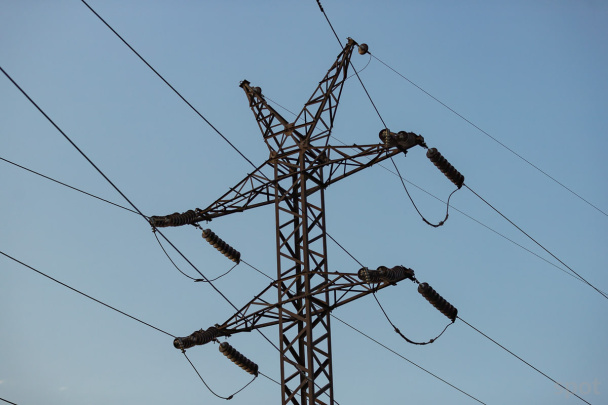Over the month, global central banks increased their publicly reported gold reserves by 12 tons. The total volume of gold purchases amounted to 31 tons, while 18 tons were sold.
The Central Bank of Uzbekistan and the Reserve Bank of India jointly held the top spot for gold reserve growth, each purchasing 9 tons.
The National Bank of Poland accounted for another 4 tons. The Qatar Central Bank added 3 tons to its reserves, while the Central Bank of Jordan and the National Bank of the Czech Republic each acquired 2 tons, and the Turkish regulator bought 1 ton.
The main seller of gold in June was the Monetary Authority of Singapore, which reduced its reserves by 12 tons. Additionally, the National Bank of Kazakhstan reported a reduction of its reserves by 6 tons.
Since the beginning of the year, Uzbekistan's net gold sales amounted to 7 tons. This placed the republic third after Thailand (10 tons) and the Philippines (25 tons) in terms of gold sales volume. The main buyers were Turkey, India, and China.
In its own report, the Central Bank of Uzbekistan stated that in the second quarter, it purchased $2.1 billion worth of gold from local producers. Amid "external economic conditions and geopolitical conflicts," the purchase volume increased by 18.7% for the quarter.
As of July 1, Uzbekistan's international reserves stood at $36.3 billion. Three-quarters of this amount was attributed to gold reserves, whose value set a new record since data publication began in 2018.






